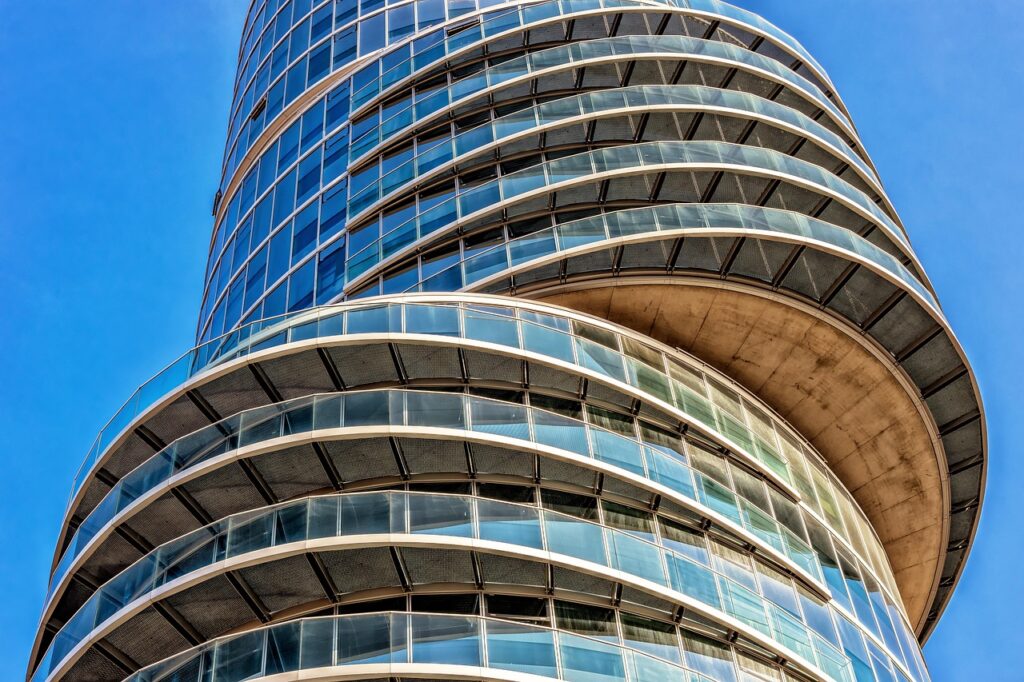Stephen Muss, a towering figure in American real estate and philanthropy, passed away on August 23 at the age of 97, leaving behind an indelible mark on the skylines and communities he helped shape. A third-generation developer, Muss was much more than a builder; he was a visionary whose determination and foresight transformed declining urban landscapes into vibrant, world-class destinations. His life story, rooted in Brooklyn and blossoming in South Florida, is a testament to the power of bold investment and unwavering civic commitment.
Muss’s most celebrated achievement was undoubtedly the resurrection of the flamboyant Fontainebleau Hotel, a dramatic intervention that single-handedly spurred a real estate boom and recast Miami Beach from “God’s Waiting Room” into a “gaudy global resort.” Yet, his contributions extended far beyond this iconic landmark, encompassing the creation of essential public spaces, significant infrastructure improvements, and a profound dedication to philanthropic causes that touched thousands of lives. His journey, marked by an imposing presence and an often-impatient drive, ultimately redefined an entire city and cemented his legacy as one of its most powerful and influential figures.
This article embarks on a comprehensive exploration of Stephen Muss’s remarkable life and his monumental impact. We will delve into his formative experiences, tracing his family’s entrepreneurial spirit from Lithuania to New York, and then follow his bold move to Florida, where his genius for development truly flourished. From rescuing hotels to shaping educational institutions, Muss’s story is one of relentless ambition, strategic insight, and an enduring commitment to building a better future.

1. **Early Life and Family Legacy**Stephen Hobart Muss, born on August 4, 1928, in Manhattan, spent his formative years in Brooklyn’s Bensonhurst, immersed in a family legacy of construction. This heritage began with his paternal grandfather, Isaac Muss, an immigrant from Lithuania who first built military barracks during the Boer War. Isaac then established a development business in Brooklyn in 1906, instilling a tradition of ambitious building and relentless drive that defined the family.
His father, Alexander Muss, and his ten siblings continued this legacy, navigating the Great Depression by constructing homes. This intergenerational commitment to the building trade instilled in Stephen a profound respect for hard work. He often recounted his earliest days, “picking up loose nails so they would not go to waste,” a detail highlighting the pragmatic, resourceful, and diligent ethos fundamental to his character.
Opting against college, Stephen joined his father and brothers directly in Alexander Muss & Sons. This immediate immersion provided hands-on experience, progressing from laborer to sales and construction supervision. Through this intensive training, the firm developed some 20,000 homes and 4,000 apartments across New York and New Jersey. This period equipped Stephen with the comprehensive skills and strategic insights that would later drive his monumental Florida achievements.
Read more about: China’s High-Tech Leap: An In-Depth Analysis of the Cutting-Edge Weapons Unveiled at Beijing’s Landmark Military Parade
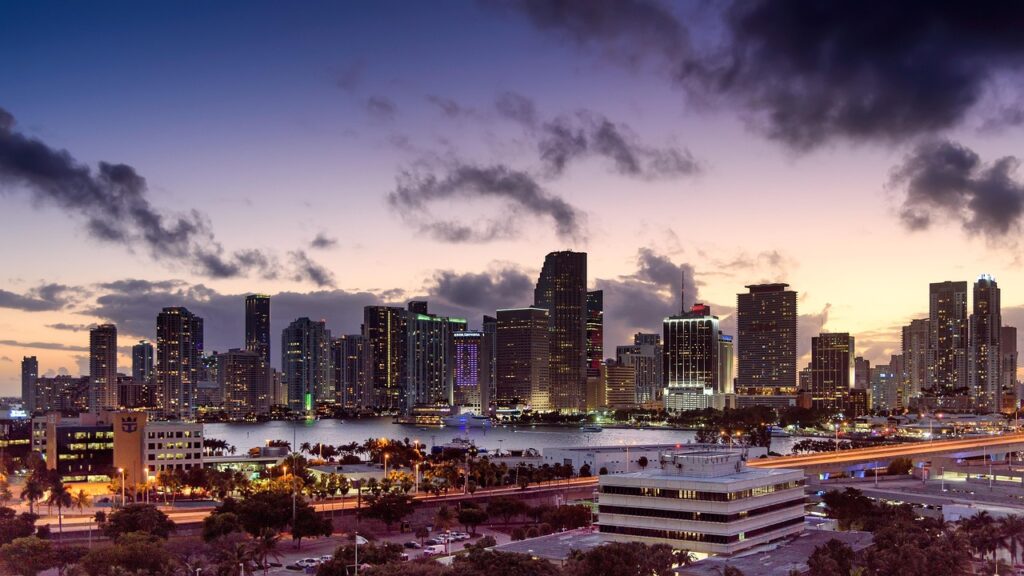
2. **Transition to Florida and the Muss Organization**The Muss family’s real estate focus shifted significantly in the 1950s, as they strategically relocated operations to Florida. This move, driven by burgeoning opportunities, laid the groundwork for Stephen’s most impactful contributions, though New York investments continued. They tapped into a region poised for substantial growth and transformation.
By 1967, Stephen Muss assumed sole leadership of the family’s Florida operations, establishing the Muss Organization. Under his dynamic guidance, the organization rapidly expanded its portfolio and influence, quickly becoming Miami Beach’s largest landlord. This reflected his business acumen and ability to capitalize on the immense potential of the South Florida market, envisioning iconic modernist landmarks.
This era saw the Muss Organization construct distinctive modernist properties that contributed significantly to South Florida’s architectural identity. These included the imposing Seacoast Towers in Miami Beach, the luxurious Towers of Key Biscayne, and the impressive Towers of Quayside near North Miami. These landmark developments, characterized by contemporary design and strategic locations, reflected Stephen Muss’s commitment to high-quality residential complexes that would redefine sophisticated living in coastal Florida.
Read more about: The Final Kill: An In-Depth Look at the F-16’s Historic Hunt for a MiG-29 Over Serbia

3. **The Fontainebleau Hotel: A Visionary Rescue**Stephen Muss’s most transformative achievement, cementing him as a local power broker, was his 1978 rescue of the iconic Fontainebleau Hotel from bankruptcy. This “quarter-crescent extravaganza,” designed by Morris Lapidus, was more than a hotel; it was a cultural phenomenon opened in 1954, billing itself as “the World’s Greatest Hotel,” and deeply integrated into pop culture through films like “Goldfinger.” Its fame was so pervasive that “no signage was needed to identify it.”
By the late 1970s, however, the once-glittering Fontainebleau, mirroring Miami Beach itself, had fallen on hard times. Original owner Ben Novack filed for bankruptcy in 1977, leaving the grand establishment “badly under water.” Miami Beach, stagnant since the 1950s, was called “God’s Waiting Room” due to its aging demographic, with new hotel construction halted and star power siphoned by Las Vegas.
Into this challenging environment, Stephen Muss stepped, seeing not just a distressed asset but a profound civic opportunity. He acquired the bankrupt hotel for $28 million, calling it “a civic gesture.” He famously predicted, “As goes the Fontainebleau, so goes Miami Beach,” articulating his conviction that revitalizing this landmark was crucial to the city’s resurgence. This pivotal acquisition reversed decline, ushering in renewed hope and investment.
4. **Transforming the Fontainebleau: Renovation and Management**Following his strategic acquisition, Stephen Muss immediately embarked on an extensive program to restore the Fontainebleau. He understood that more than superficial changes were needed; a monumental financial commitment was essential to modernize and elevate its appeal. His initial investment exceeded $100 million in renovations, a staggering sum for the era, signaling unwavering dedication. He ultimately poured over $400 million into the hotel during his tenure.
Despite humbly asserting his “little hotel experience,” Muss approached the Fontainebleau’s operational challenges with a master developer’s strategic eye. To ensure professional management and elevate service, he shrewdly enlisted the Hilton chain to oversee operations, rebranding it as the Fontainebleau Hilton. This crucial partnership brought established hospitality expertise, attracting a broader, more discerning clientele, and significantly boosting the hotel’s prestige and efficiency.
Muss’s commitment to continuous innovation and luxury upgrades remained steadfast over 27 years. In the 1990s, he added 126 opulent rooms within a “private club setting,” dubbed the “Towers.” This exclusive redesign featured bespoke amenities like private check-in and dining areas, crafted to appeal to high-end business travelers. He proudly stated these additions made them “competitive with the best properties in this country and around the world.” These efforts ensured the Fontainebleau not only survived but thrived, selling in 2005 for $165 million to Turnberry Associates, believing they had resources for the next upgrade.
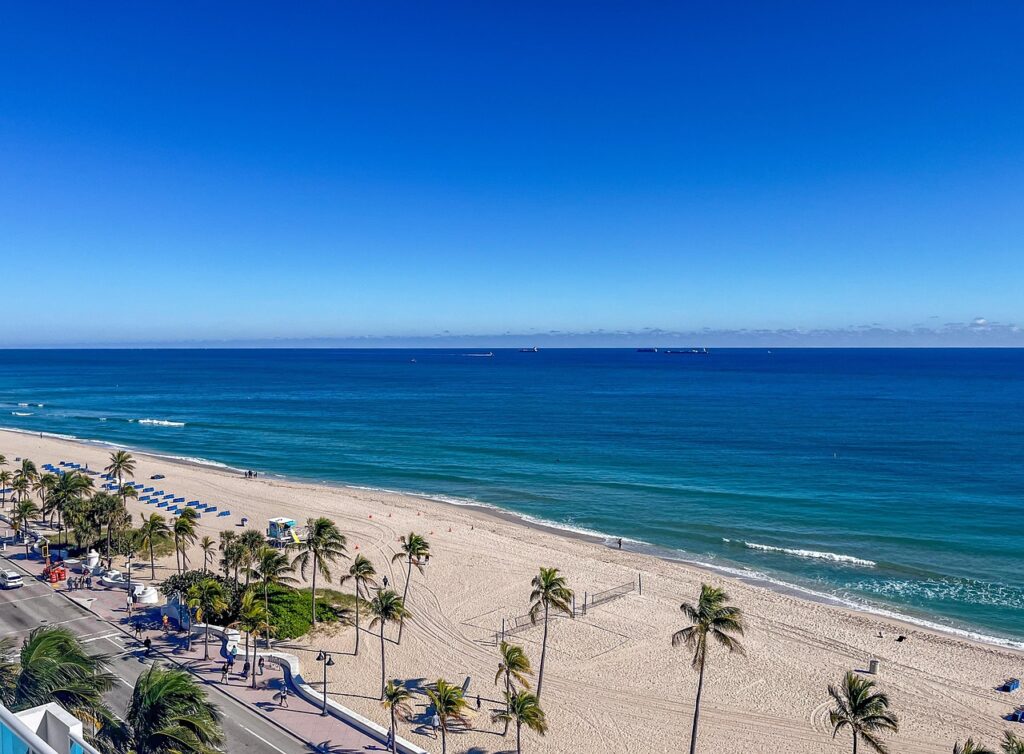
5. **Shaping Miami Beach’s Public Infrastructure**Stephen Muss’s transformative vision extended beyond private development, making him a significant force in shaping Miami Beach’s public infrastructure. Recognizing the need for robust public amenities and sound finances, he used his powerful position as president of the Miami Beach Redevelopment Agency to champion initiatives benefiting the entire community. His leadership proved pivotal in securing crucial funding and resources for monumental civic projects.
One of his most impactful, though initially “bold and controversial,” achievements was persuading the city to implement a 3 percent bed tax on hotel room rates. This innovative fiscal measure created a dedicated revenue stream for critical public works. Over time, this bed tax proved extraordinarily effective, generating “hundreds of millions of dollars” for significant projects across Miami Beach, showcasing Muss’s pragmatic approach to urban financing.
These substantial funds directly fueled the crucial expansion of the Miami Beach Convention Center, an indispensable asset for attracting major conventions and boosting the local economy. Brian Bilzin, Muss’s attorney and friend, emphasized the immense economic benefit, noting Muss “brought in millions and millions of dollars.” Furthermore, Muss played a leading role in securing South Pointe Park from the U.S. Army, transforming this strategic land into a cherished public recreation area. His profound impact on Miami Beach’s public amenities and its transformation was undeniable.

6. **The Alexander Hotel and Other Florida Landmarks**While the Fontainebleau rescue stands as Stephen Muss’s most recognized achievement, his extensive portfolio included numerous other impactful development projects throughout Florida. These contributions played a crucial role in shaping the region’s architectural character and urban fabric, consistently demonstrating his commitment to quality and innovation in real estate, long before his iconic Fontainebleau endeavor. He was a prolific builder whose vision extended to various scales.
A decade prior to his groundbreaking work with the Fontainebleau, in 1968, Muss built what became widely known as the Alexander Hotel. Located in Miami Beach at 52nd Street and Collins Avenue, this significant property was named after his father, Alexander Muss, honoring the family legacy. The Alexander Hotel quickly ascended to prominence as a high-end destination, attracting the renowned French chef Dominique D’Ermo to establish his first Florida restaurant within its premises, further cementing its elite status.
The Alexander Hotel, alongside other modernist landmarks like the Seacoast Towers in Miami Beach, the Towers of Key Biscayne, and the Towers of Quayside near North Miami, which he developed with his father, collectively showcased Muss’s consistent strategy. This involved investing in and constructing high-quality, often high-rise, residential and hospitality properties for a sophisticated clientele. These developments were instrumental in driving South Florida’s growth and diversification, firmly establishing both the Muss family’s and Stephen’s reputation as premier builders, capable of delivering “a beautiful and luxurious product,” as attested by Russell Galbut.

7. **Philanthropy: A Commitment to Education and Heritage**Beyond his formidable achievements in real estate, Stephen Muss dedicated significant resources to philanthropy, guided by his profound philosophy that “true greatness lies not in what we build for ourselves, but in the legacy we leave for generations to come.” This conviction drove his extensive charitable contributions, reflecting a deep belief in the power of generosity to uplift communities, foster intellectual growth, and preserve cultural heritage. This philanthropic dimension was as integral to his identity as his prowess as a builder.
Muss’s philanthropic endeavors were notably broad, encompassing crucial areas such as education, healthcare, Jewish continuity, and cultural enrichment. He acutely understood the vital importance of investing in institutions that fostered growth and provided essential services. His actions were consistently propelled by a genuine desire to effect tangible change, often executed with a characteristic lack of fanfare. As observed by a colleague, he would “write a check to AMHSI for whatever the operating costs were. He didn’t want a ceremony or a plaque; he just did it because he cared,” illustrating his sincere, results-oriented approach.
A central and deeply personal aspect of his giving was his unwavering support for Jewish causes, particularly those focused on empowering and educating younger generations while connecting them to their rich heritage. This passion culminated in one of his most significant undertakings: the substantial endowment and subsequent deep involvement with the Alexander Muss High School in Israel (AMHSI). He envisioned AMHSI as a vital, transformative link for American Jewish youth, enabling them to connect directly with their historical roots and actively shape their future Jewish identity. This profound commitment would become one of the most defining features of his remarkable legacy.
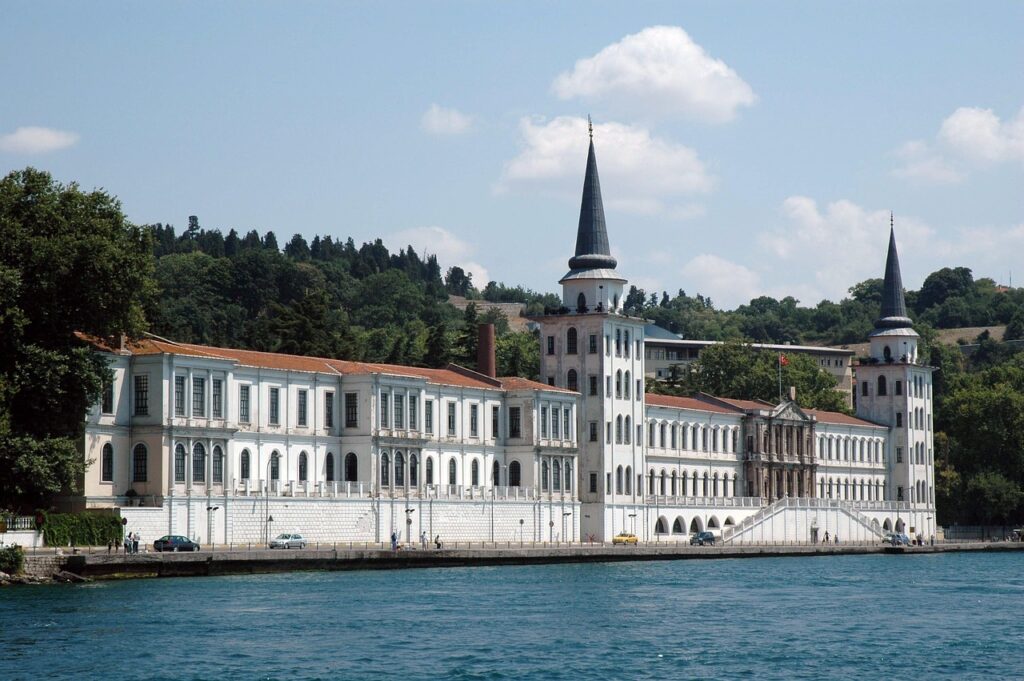
8. **The Alexander Muss High School in Israel (AMHSI): A Transformative Endeavor**Stephen Muss’s philanthropic commitment found one of its most profound expressions in the Alexander Muss High School in Israel (AMHSI). This institution, originally known simply as “High School in Israel,” received a significant philanthropic gift from Muss in 1980 and was subsequently renamed in memory of his father, Alexander Muss. His involvement stemmed from a deep-seated belief in empowering younger generations and connecting them to their rich Jewish heritage, envisioning the school as a vital link for American Jewish youth.
His dedication to AMHSI was not merely financial; Muss served as the school’s chairman for nine years, actively shaping its direction. He approached its management with the same strategic acumen he applied to his real estate ventures, understanding that even a not-for-profit organization required fiscal and managerial responsibility to fulfill its obligations. Ron Werner, AMHSI chairperson and president emeritus, recounted how Muss believed the school needed to be run like a business, even monitoring finances in terms of “bed nights,” a term borrowed from the hospitality industry.
Muss’s vision for AMHSI extended to its long-term sustainability and reach. He was instrumental in spearheading the partnership between AMHSI and Jewish National Fund-USA in 2014, a collaboration that significantly expanded the school’s impact. Through this initiative and his sustained support, AMHSI has transformed the lives of over 35,000 high school students, including 10,000 from the South Florida region, turning them into powerful advocates for Israel and leaders in Jewish communities nationwide.
Leaders at AMHSI often emphasize that “without Stephen Muss, our school, our students, our alumni, and our community would not be what they are today.” His dedication ensured that thousands of Jewish American teens could experience a transformative semester abroad, learning their history in the land where it unfolded. Joel Reinstein, an AMHSI board member, described Muss as their “living safety net,” whose “vision and love for our school was the constant that kept us on track when times were tough.” His lifelong dream of having multiple AMHSI campuses, educating thousands and instilling Jewish and Zionist values, was recently realized with the opening of a second campus in Be’er Sheva.
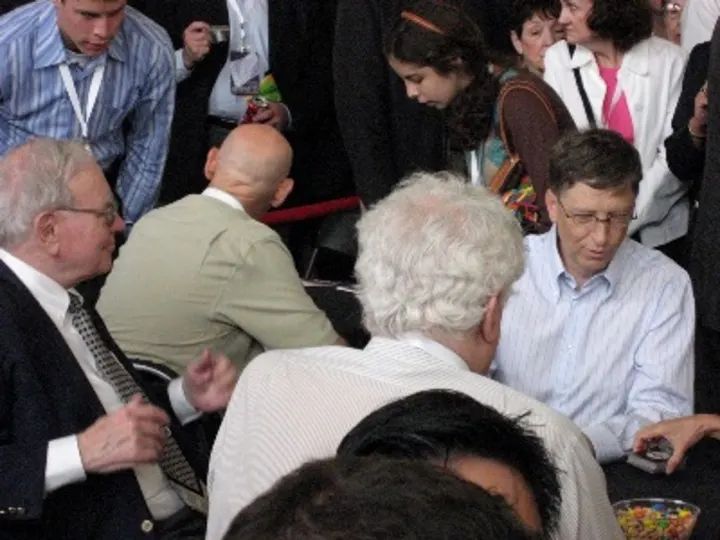
9. **Diverse Philanthropic Commitments: Beyond AMHSI**While AMHSI held a special place in his heart, Stephen Muss’s philanthropic spirit embraced a much broader spectrum of causes, demonstrating his holistic belief in supporting the foundations of a healthy, educated, and culturally rich society. His giving was not confined to a single area but spanned crucial sectors, reflecting a thoughtful and expansive approach to community betterment.
His commitment to healthcare was evident through his support for prominent institutions such as Brigham and Women’s Hospital in Boston and Boston Children’s Hospital. These contributions underscored his recognition of the vital importance of medical research, patient care, and the well-being of future generations. Similarly, he extended his generosity to Mount Sinai Medical Center-Miami Beach, making a special dedication in memory of his late wife, Maureen Haver Muss, further personalizing his impactful donations.
In the realm of cultural and educational enrichment, Muss was a significant benefactor to several distinguished organizations. He supported the Bass Museum of Art in Miami Beach, honoring the memory of his mother, Gertrude Silverstone Muss. His contributions also reached the New World Symphony, fostering artistic talent, and Haifa University in Israel, promoting higher education and research. He also supported UCSF (University of California, San Francisco), showing a national scope to his educational interests.
Beyond these, his local impact was tangible: Muss Park in Miami Beach was named in memory of his father, standing as a community testament to the family’s legacy. He also championed the Muss Montessori School, investing in early childhood education. His deep ties to the Jewish community were reflected in his support for the Jewish Federation of Miami and his service as Board Chair of Temple Emanu-El, highlighting his dedication to faith-based institutions and community cohesion.
10. **Leadership Style and Business Acumen**Stephen Muss was a figure of formidable presence, described as an imposing man, 6-foot-5 and 250 pounds, with a “graying leonine mane” that seemed to perfectly embody his powerful persona. He was known for an often-impatient drive and a willingness to “ruffle feathers,” characteristics that, while sometimes challenging, were invariably tied to his unwavering focus on achieving ambitious goals and driving progress. Yet, despite any perceived brusqueness, he was widely revered as the catalyst for Miami Beach’s transformation.
Muss’s business philosophy was rooted in pragmatism and a profound sense of civic responsibility. His acquisition of the bankrupt Fontainebleau Hotel for $28 million was, in his own words, “a civic gesture,” a strategic move he saw as crucial to revitalizing not just a property but an entire city. This forward-thinking approach also led him to champion the controversial 3 percent bed tax on hotel room rates, a move that generated hundreds of millions for public works and showcased his ability to implement innovative fiscal measures for collective benefit.
Despite his deep involvement with the Fontainebleau, Muss famously declared, “I’m not a hotelier… I’m a construction man.” This self-identification underscored his focus on building and renovating, on creating tangible value and transforming physical spaces. His strategic mind, coupled with this builder’s mentality, enabled him to identify properties with immense potential and invest in them to make them “competitive with the best properties in this country and around the world.”
His approach extended to his philanthropic work, particularly with AMHSI. He insisted that the non-profit operate with the same fiscal responsibility and managerial rigor as a business. As Ron Werner noted, Muss believed in treating those who “invest” in the school as “customers,” demanding accountability and professional management. This unique blend of relentless drive, strategic foresight, and a practical, hands-on approach defined his leadership and allowed him to leave an indelible mark on both the private and public spheres he influenced.
Read more about: From Royalty to Renaissance: A Deep Dive into the Diverse Legacies of 14 Influential Figures Named Richard
11. **Personal Life, Family, and Relationships**Beyond the boardrooms and construction sites, Stephen Muss was a devoted family man whose personal life was intertwined with his professional journey, often bringing his loved ones into the fabric of his ambitious undertakings. He experienced the complexities of life through several marriages. His first marriage was to Carol Matelson, with whom he had three children: Marilynn Rothstein, Jeffrey Muss, and Sherry Muss.
Later, he married Maureen Haver, and together they had two daughters, Melanie and Heather Muss. His daughters Melanie and Heather notably grew up partly at the Fontainebleau Hotel, with Heather recalling, “He brought us into everything he did.” This immersive upbringing offered them a unique perspective on their father’s work and commitment, illustrating how his passion for building permeated his family life. Maureen Haver Muss passed away in 1993, and Mount Sinai Medical Center later received a special dedication in her memory from Stephen.
A subsequent marriage to Sandra Paul, the former wife of a banker friend, also ended in divorce. In his later years, Stephen Muss lived in Williamstown, Massachusetts, with his longtime partner, Amy Jeschawitz, who confirmed his passing. His extended family included seven grandchildren and twelve great-grandchildren, a testament to the enduring lineage he fostered.
His children remembered him with deep affection and admiration. Melanie Muss noted, “Whatever he touched he wanted to make better,” while Heather Muss described him as a “selfless, giving father, always there for us and always advocated for us.” These reflections paint a picture of a man whose imposing professional demeanor was complemented by profound personal devotion, emphasizing his role as a protector and champion for his family.
Read more about: Unpacking ‘Beloved’: The Profound Themes and Enduring Legacy of Toni Morrison’s Masterwork

12. **Recognition and Accolades**Stephen Muss’s extraordinary contributions to real estate, urban development, and philanthropy did not go unnoticed, earning him numerous prestigious awards and accolades throughout his distinguished career. These honors reflected the widespread recognition of his transformative impact on Miami Beach and beyond, celebrating his visionary leadership and unwavering commitment to civic improvement.
Among his significant distinctions, Muss received the Greater Miami Jewish Federation Friend of Israel Humanitarian Award, acknowledging his profound support for Jewish causes and his instrumental role in strengthening connections to Israel. His dedication to the local community was further celebrated when he was named Man of the Year by the City of Miami Beach Chamber of Commerce, an honor reserved for individuals who have made exceptional contributions to the city’s economic and social vitality.
His enduring legacy in shaping Miami Beach’s landscape and identity was formally recognized with his induction into the Miami Beach Hall of Fame. This prestigious honor cemented his status as a pivotal figure in the city’s modern history, acknowledging that his efforts had fundamentally reshaped its trajectory from a stagnant retirement community to a vibrant global destination.
Beyond these, Muss held several key leadership positions within various institutions, underscoring his influence and engagement across diverse sectors. He served as honorary chair of The Lapid, Board Chair of Temple Emanu-El, and held influential seats on the boards of both the Miami Art Museum and Haifa University. These roles illustrate the breadth of his commitment to cultural, educational, and spiritual advancement, extending his impact far beyond his initial realm of real estate development.
Read more about: Françoise Hardy’s Enduring Influence: A Look at the Life and Legacy of a French Pop Icon
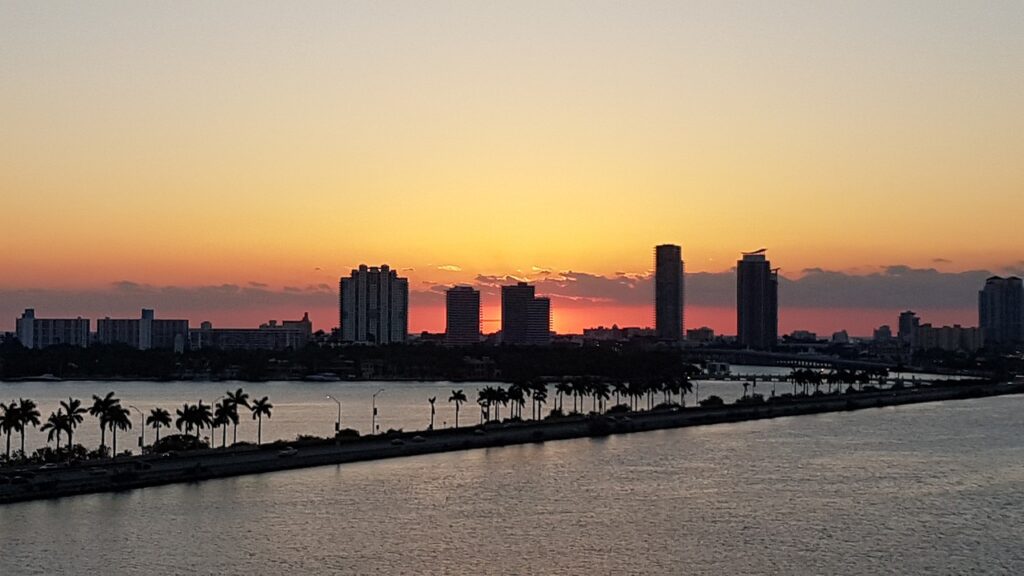
13. **Enduring Impact on Miami Beach’s Transformation**Stephen Muss’s legacy in Miami Beach is nothing short of monumental, a testament to his audacious vision that saw potential where others saw decline. He is universally credited with reversing the city’s fortunes, transforming it from a place derided as “God’s Waiting Room” into a “gaudy global resort” that captivated the world. His famous prediction, “As goes the Fontainebleau, so goes Miami Beach,” proved prophetic, marking his understanding of the symbiotic relationship between a landmark property and the city it anchors.
His influence was a powerful fusion of private development and public advocacy. The rescue of the Fontainebleau, the construction of the Alexander Hotel, and the modernist Seacoast Towers were not isolated projects but formed a coherent strategy to elevate the city’s appeal. Simultaneously, his work as president of the Miami Beach Redevelopment Agency, leading efforts like the 3% bed tax and securing South Pointe Park, provided the critical public infrastructure and financial stability needed for sustainable growth.
This integrated approach had a profound effect on tourism, dramatically increasing both the number and the caliber of visitors to Miami Beach. Brian Bilzin, Muss’s attorney and friend, emphatically stated that Muss “helped prevent it from being viewed as a destination for old people” and “brought it back as a major tourist destination.” His unwavering commitment helped create an environment where a “$100 million hotel renaissance” could flourish, signaling to the world that Miami was indeed a “world-class destination.”
Even when he eventually sold the Fontainebleau in 2005 to Turnberry Associates, Muss’s decision was strategic, driven by his belief that the hotel needed another upgrade that a larger entity could provide more rapidly. At 76, having navigated numerous South Florida busts and booms, he ensured the iconic property would continue to thrive under new stewardship, demonstrating that his vision for Miami Beach’s future always superseded personal ownership.

14. **A Legacy of Building Communities and Futures**Stephen Muss was, at his core, more than a builder of physical structures; he was a builder of dreams, communities, and futures. His life embodied a profound philosophy: “true greatness lies not in what we build for ourselves, but in the legacy we leave for generations to come.” This guiding principle infused every aspect of his work, from the skylines he reshaped to the lives he touched through his generosity.
His legacy is indelibly woven into the vibrant fabric of Miami Beach, a city he not only saved but reimagined. The iconic hotels and residential towers stand as monuments to his development genius, while the expanded convention center and cherished public parks reflect his dedication to communal well-being. These physical achievements, impressive as they are, are but one facet of his enduring impact.
Crucially, Muss’s vision for the future extended to the intellectual and spiritual growth of the Jewish people. His steadfast support for the Alexander Muss High School in Israel ensures that thousands of young American Jews continue to connect with their heritage, fostering strong Jewish identities and leadership for generations to come. This commitment to education, alongside his support for numerous other charitable causes, underscores a legacy that transcends brick and mortar.
Read more about: China’s Ascendant Naval Power: Unpacking Beijing’s Maritime Strategy and Its Implications for the South China Sea and Beyond
Stephen Muss will be deeply missed by his family, friends, and the countless individuals and institutions whose lives he enriched. His memory will forever be a blessing, resonating through the vibrant communities he helped create, the educational pathways he forged, and the enduring spirit of possibility that continues to define Miami Beach. He was a giant, whose work and philanthropy ensured a brighter, more connected future for all.


